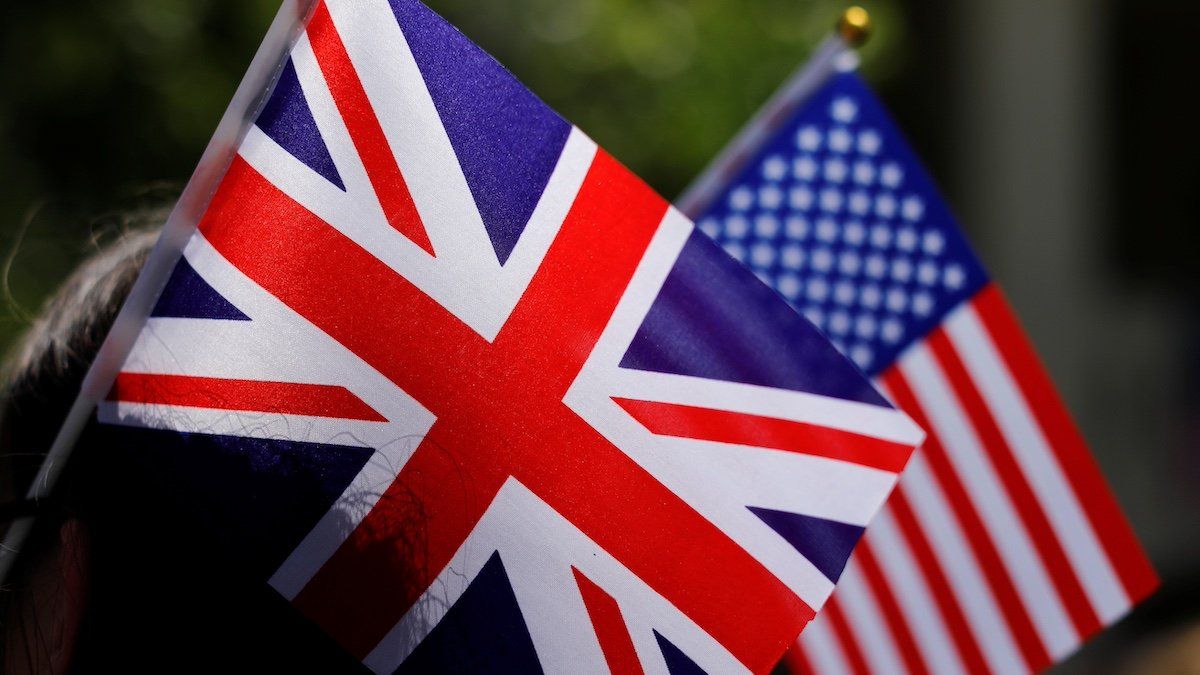The US and UK have struck the world's first bilateral agreement on AI safety, agreeing to cooperate on testing and risk-assessing artificial intelligence.
Both countries will conduct their safety testing through new government bodies planned during last year's summit at Bletchley Park in the UK – which each country is calling the Artificial Intelligence Safety Institute. While the countries lag behind peers in the European Union on passing comprehensive legislation to govern the use of AI, they've introduced a series of lighter-touch measures to get the ball rolling
That said, the US seems much more eager to regulate the technology than the UK, which has promised a hands-off approach under its current leadership. The two countries haven't divulged how exactly they'll cooperate but said they plan on
jointly testing at least one “publicly accessible model.” If the collaboration bears fruit, we’re watching for the principles it innovates to spread more widely, and whether other countries adopt bilateral AI alliances.
